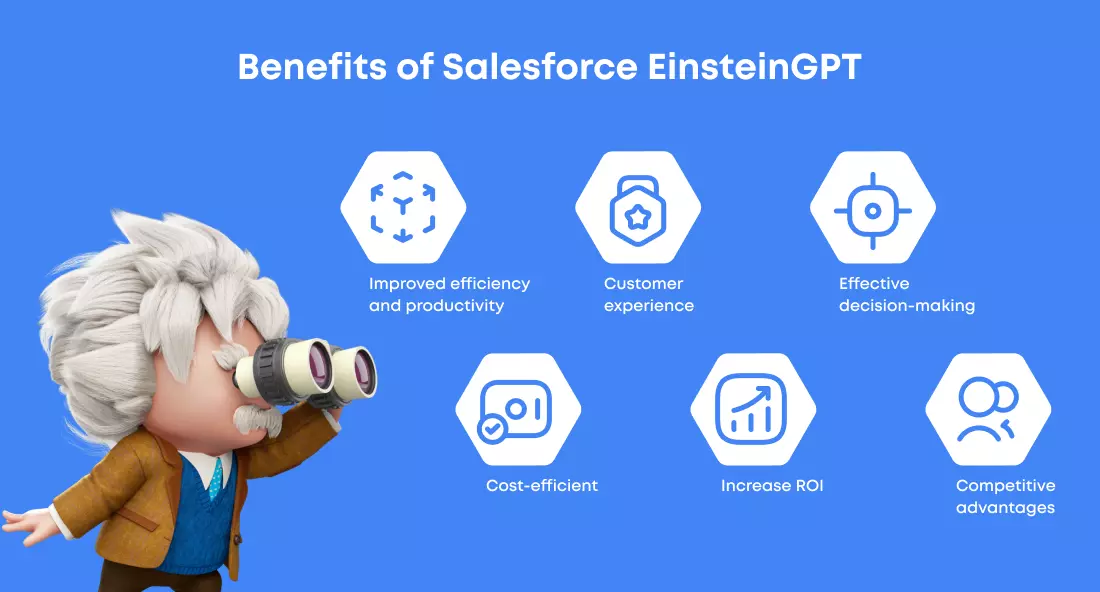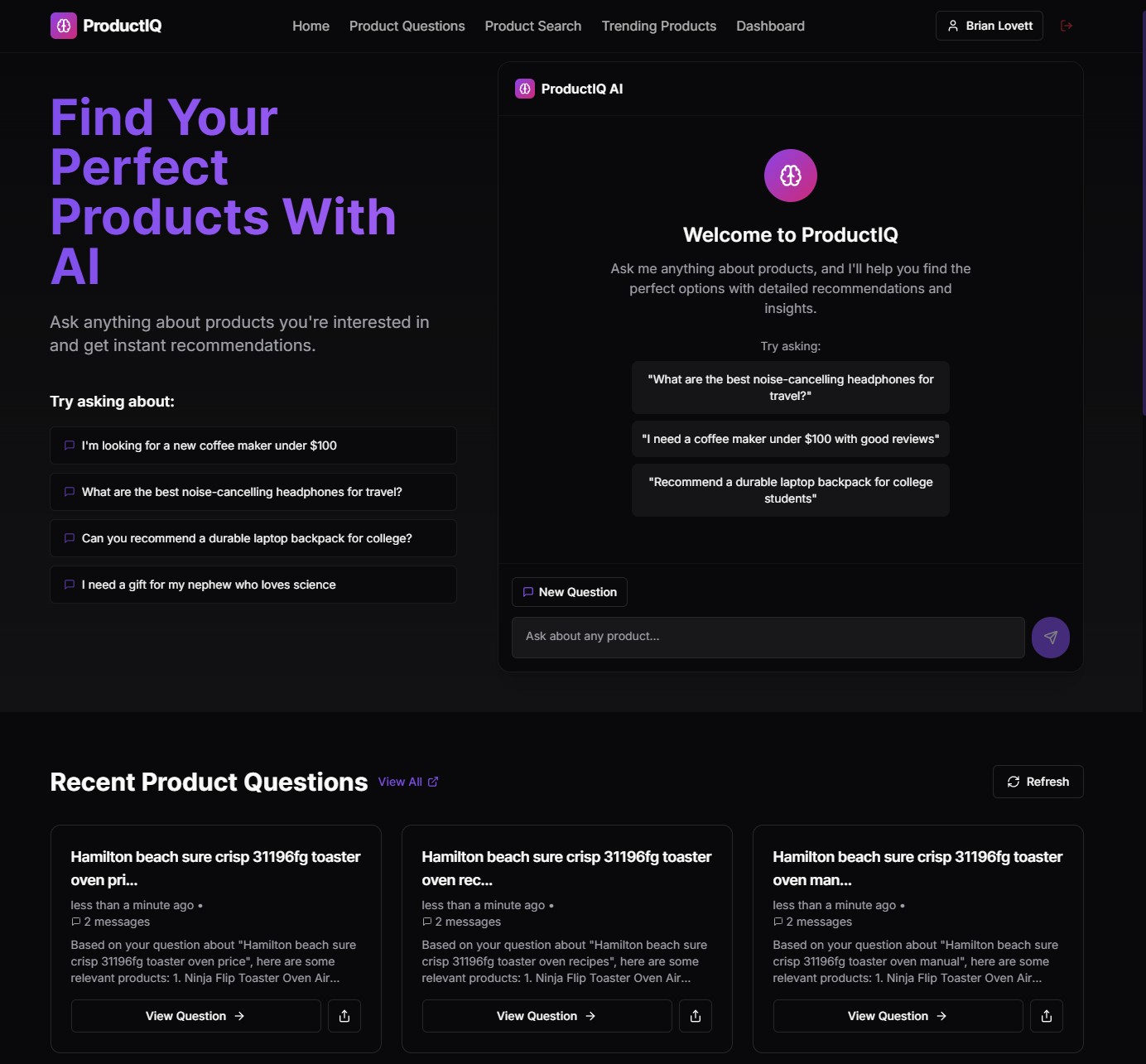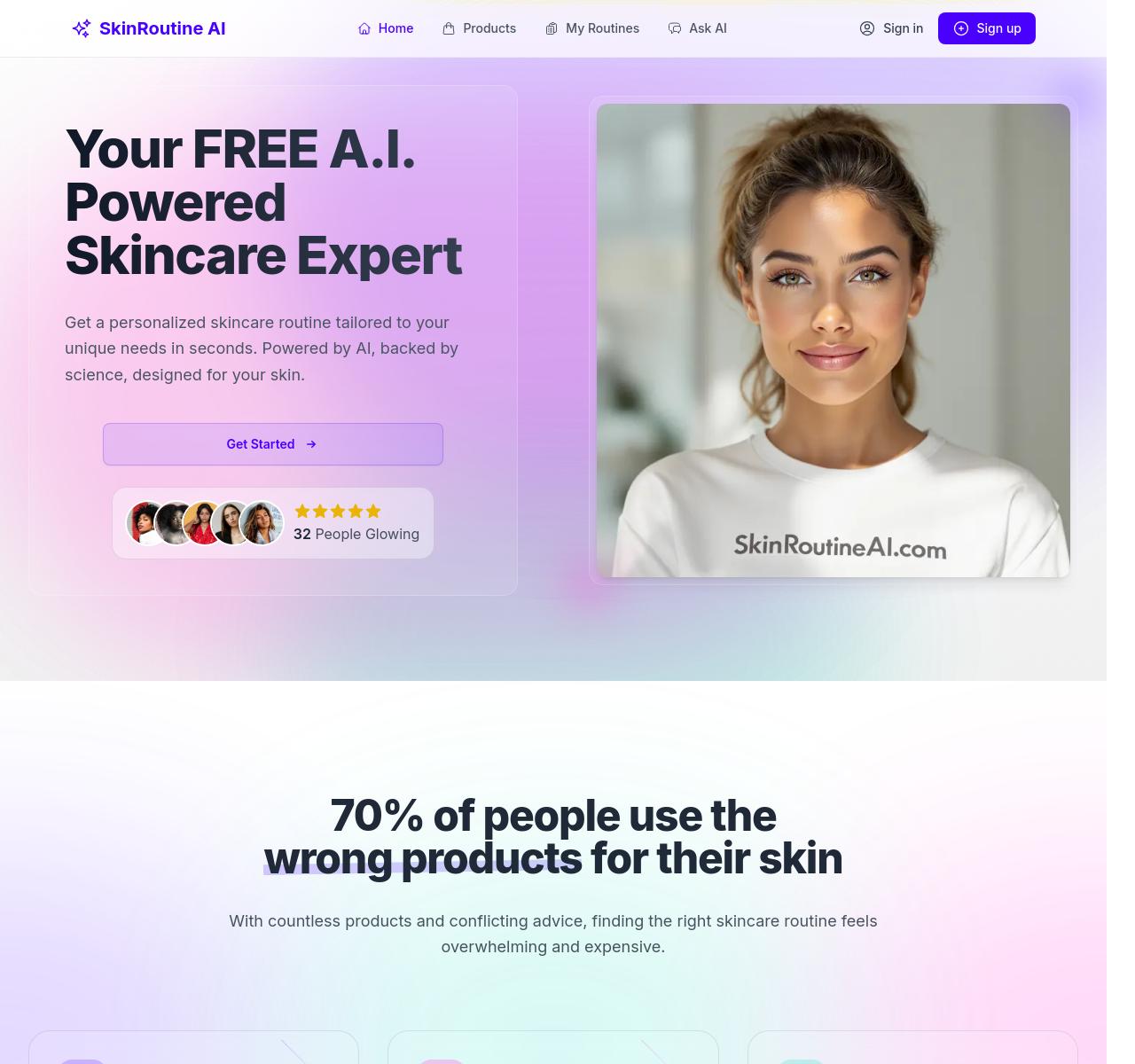
Exploring the intersection of AI, technology, and innovation
Featured AI Tools
Discover top-rated AI tools to enhance your productivity and creativity.

Pixel Dojo
Pixel Dojo is an all-in-one AI image and video generator offering over 30 cutting-edge AI tools to transform ideas into stunning art.

Einstein 1 Platform
Einstein 1 Platform by Salesforce is the world's first generative AI for CRM, offering advanced AI and automation capabilities to enhance customer relationship management.

Cart AI – Smart Budget Tracker
Real-time cart total tracking with AI. Scan price tags, avoid overspending, and manage your shopping budget easily with Cart AI.
function project1() {
return {
title: "Amazing Project",
tech: ["Next.js", "React", "TypeScript"]
};
}function project2() {
return {
title: "Amazing Project",
tech: ["Next.js", "React", "TypeScript"]
};
}function project3() {
return {
title: "Amazing Project",
tech: ["Next.js", "React", "TypeScript"]
};
}My Projects
Check out some of my latest projects and experiments.
PixelDojo
Pixel Dojo is a platform that enables creators to produce AI-generated art, videos, and character designs using state-of-the-art AI models. With tools for image enhancement, animation, inpainting, and more, it offers an intuitive experience for both beginners and advanced users. By integrating multiple professional-grade AI features, Pixel Dojo aims to simplify and elevate the creative process.

SocialAF
Create scroll-stopping social media content with AI in 2 seconds. Features AI image generation, video creation, style presets, platform optimization, and batch content generation. No design skills required - just powerful AI tools to transform your social media presence.

Sovrn.ai
Sovrn AI helps publishers identify trending products, analyze behavior, create dynamic shopping experiences, and convert opportunities into results in real time. The platform uses RAG technology to deliver precise, contextually relevant product recommendations.

ProductIQ
ProductIQ is your go-to AI-powered shopping assistant, providing expert insights, smart comparisons, and curated video reviews. Designed to simplify the shopping experience, it offers a seamless way to discover the perfect products through intelligent analysis and real user feedback.

Latest AI Tools
Check out the newest AI tools added to our directory.

Pixel Dojo
Pixel Dojo is an all-in-one AI image and video generator offering over 30 cutting-edge AI tools to transform ideas into stunning art.

Einstein 1 Platform
Einstein 1 Platform by Salesforce is the world's first generative AI for CRM, offering advanced AI and automation capabilities to enhance customer relationship management.

Cart AI – Smart Budget Tracker
Real-time cart total tracking with AI. Scan price tags, avoid overspending, and manage your shopping budget easily with Cart AI.
Latest Updates
Quick highlights and updates from my X feed.
My Thoughts
Stay updated with my latest insights on web development, AI, and technology.

Top AI Innovations: Healthcare, Quantum, Ethics & Sustainability in Focus
Explore this week’s breakthrough AI developments—from transformative healthcare diagnostics and quantum computing advances to ethical AI initiatives and sustainable tech trends—reshaping our digital future.

PixelDojo Launches New API: Flux AI Image Generation with LoRA Support
PixelDojo has unveiled a new developer API that provides access to its advanced Flux AI image generation models – including the Flux Dev model with Low-Rank Adaptation (LoRA) support. Discover how this API empowers developers with custom fine-tuned image generation, key features like LoRA-based style adaptation, use cases, and how it stands out among AI image-generation platforms.

AI News Roundup - Week of March 17-22, 2025
Welcome to our weekly AI news roundup! This edition covers the latest industry breakthroughs, research advancements, product updates, and a special focus on PixelDojo.ai’s exciting new releases. Read on for the full stories behind this week’s headlines.
